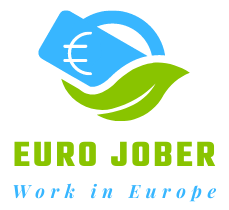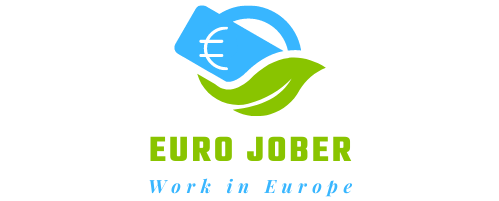In short about jobs in Europe.
The job market in Europe is diverse and dynamic, with variations across different countries and industries. While I can provide you with a general overview, it’s important to note that specific conditions may vary based on the country and region you’re interested in.
- Employment Rates: Overall, Europe has experienced relatively high employment rates, but there are variations between countries. Countries like Germany, the Netherlands, and the Nordic countries often have lower unemployment rates, while countries in Southern Europe, such as Spain, Italy, and Greece, have historically faced higher unemployment rates.
- Economic Factors: The economic situation in Europe can impact the job market. Factors like GDP growth, inflation, and political stability influence employment opportunities. Generally, countries with strong economies tend to offer better job prospects.
- Industries: Europe has a diverse range of industries, including manufacturing, technology, finance, healthcare, tourism, and more. The job market varies by sector, with countries specializing in different industries. For example, Germany is known for its manufacturing sector, while the United Kingdom has a strong financial services industry.
- Skill Demand: Europe is increasingly focusing on high-skilled and knowledge-based jobs. With advancements in technology and automation, there is a growing demand for professionals in fields such as information technology, engineering, finance, data analysis, digital marketing, and renewable energy. STEM (Science, Technology, Engineering, and Mathematics) skills are particularly sought after.
- Labor Laws and Protections: European countries generally have strong labor laws and workers’ rights. Policies related to minimum wage, maximum working hours, annual leave, parental leave, and healthcare benefits vary across countries. The European Union (EU) also provides certain protections for workers in member states.
- Language Requirements: The job market in Europe is diverse in terms of languages. While English is often spoken in international and tech-related positions, knowledge of the local language is beneficial in many sectors, particularly when dealing with clients or customers within a specific country.
- Mobility and EU Integration: The European Union allows for the free movement of workers among member states. EU citizens have the right to work in other EU countries without requiring a work permit. This mobility provides opportunities for Europeans to seek employment in different countries, contributing to the overall job market dynamics.
- Remote Work: The COVID-19 pandemic has accelerated the adoption of remote work in many European countries. Companies and employees have increasingly embraced flexible work arrangements, allowing individuals to work remotely or adopt hybrid models that combine remote work with office presence.
It’s important to conduct further research on specific countries or regions of interest to get more accurate and up-to-date information about their respective job markets, as conditions can vary significantly.

